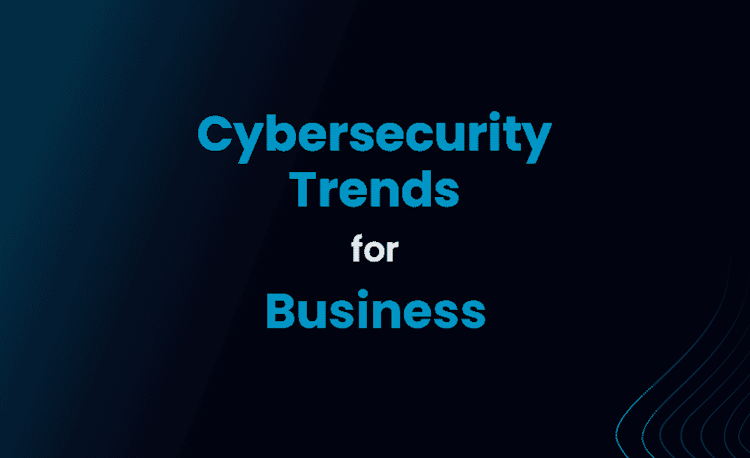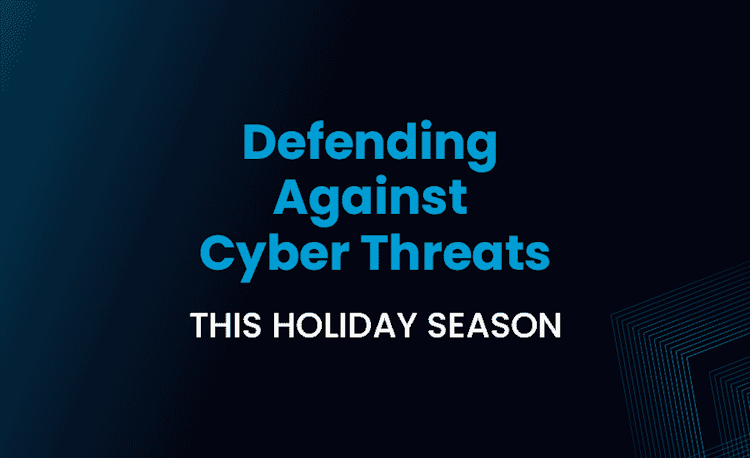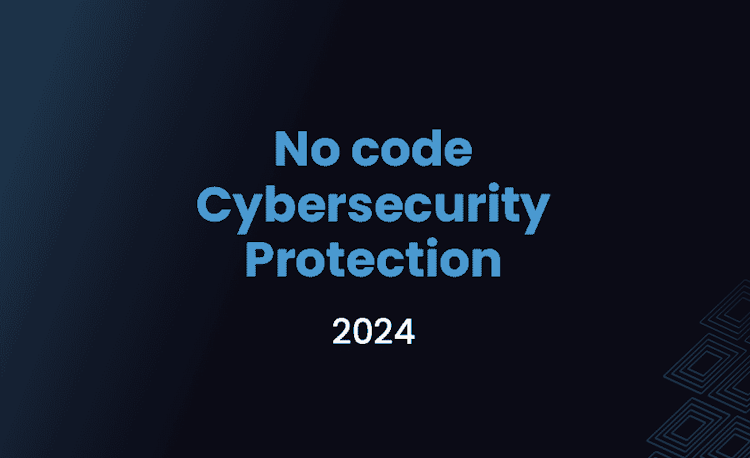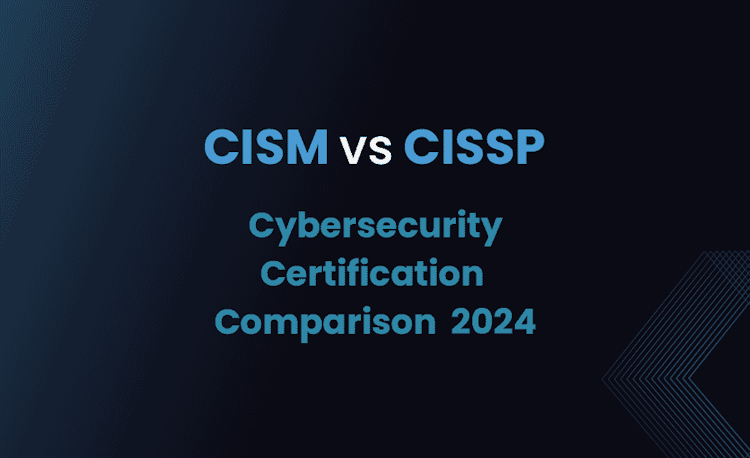Cybersecurity in the Gaming Industry: A Necessary Defense

Gaming has evolved into a massive industry, with mobile applications, embedded software, IoT devices, and distributed software playing significant roles in its growth. But with this expansion comes increased risk, making cybersecurity more crucial than ever. In this article, we’ll explore the various aspects of cybersecurity in the gaming industry and discuss some essential points to ponder. But first, let’s understand why gaming security should be a top priority.
The Rising Threats
Miscreants are always on the prowl, seeking new targets to exploit. The gaming industry attracts plenty of attention, given its lucrative nature and the vast amounts of personal data that it generates. Did you know that hackers use various tools and techniques to bypass payment systems, manipulate game data, and distribute illegal copies of games? Eerie, right?
If left unchecked, these threats might lead to widespread issues, affecting both companies and end-users. But there’s hope! By understanding the potential problems and implementing effective strategies, the gaming industry can significantly minimize risks.
Here’s a breakdown of some common cybersecurity issues and their impact:
- Piracy: Gamers hate to see their favorite titles diluted by unauthorized copies. Not only do these illegal versions deprive companies of revenue, but they also tarnish the gaming experience and a company’s reputation.
- Online scams: From phishing to identity theft, we’ve all heard those horror stories. Poor security measures leave users vulnerable to scams, affecting the user experience and damaging a company’s credibility.
- Ill-gotten gains: We’re talking about cheaters who manipulate game data or use unauthorized tools to gain unfair advantages. Such activities disrupt the gaming ecosystem and lead to financial and gameplay issues.
- Illegal server copies: Unauthorized server access means gamers play without paying, hurting a company’s bottom line and deteriorating the overall user experience.
- Recovery costs: Expenses related to mitigating cyberattacks (like legal fees, regulatory fines, or player assistance) can be a massive financial burden for gaming companies.
Real cases of cyber-attacks in the Gaming industry
While discussing specific cybersecurity incidents in the gaming industry was not included in the main content, I have gathered some news articles that shed light on the real-world cases you can refer to:
- Sony PlayStation Network hack: The Guardian – PlayStation Network hack: what every user needs to know
- Xbox 360 and PlayStation 3 cyberattacks: The Guardian – Xbox Live and PlayStation Network down for Christmas
- Zynga data breach (2019): Business Insider – A hacker claims to have stolen data from 218 million Zynga Words With Friends accounts
- Electronic Arts (EA) hack (2021): CNN – Electronic Arts hacked and source code stolen
- Capcom ransomware attack (2020): BBC – Capcom hit by Ragnar Locker ransomware, and 1TB of data stolen
So, what’s the solution?
It’s essential for gaming companies to acknowledge the risks and invest in cybersecurity defenses. To minimize threats, companies can implement strategies such as obfuscating critical code, employing user authentication measures, and using content protection and encryption.
But wait… obfuscation sounds vaguely familiar, doesn’t it? Let’s dive deeper into it.
The Role of Obfuscation in Protecting Gaming Applications
In the world of gaming, obfuscation plays a critical role in securing applications by making the source code nearly impossible to read or analyze. By preventing reverse engineering, decompilation, or unauthorized access, obfuscation offers an effective way to protect both game developers and players.
Advantages of Obfuscation for Game Developers
Why should game developers care about obfuscation? Simply put, it protects their hard work, maintains the credibility of their games, and prevents unauthorized access to sensitive data. And who doesn’t want that?
Obfuscation Made Easy: Enter ByteHide Shield
Now, you might be wondering how you can effectively obfuscate your gaming applications. Fear not! ByteHide Shield is here, providing military-grade encryption and pre-configured user-friendly settings for game developers. A few clicks, and your games are more secure than ever.
The Clock is Ticking: Prioritize Security Now
We’ve covered the importance of cybersecurity and the role obfuscation plays in protecting gaming applications. The potential problems are clear, and the path forward is essential: invest in cybersecurity, adopt robust solutions like ByteHide Shield, and keep those hackers at bay.
Remember, time is of the essence. Ignoring the risks associated with poor gaming security can have severe consequences for developers, companies, and users. Act now, protect your intellectual property, and ensure a seamless gaming experience for your users while maintaining your company’s credibility and profitability.
So, the question remains – are you ready to level up your cybersecurity game?





